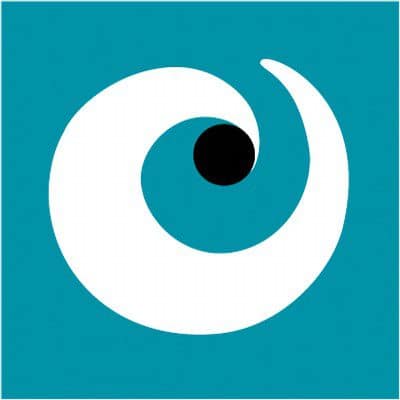Do you want to create or update your website? Should you use a WordPress or Drupal CMS, like 50 % business websites? Or develop your own customised site? From development languages to database management, we explain how to complete your project using the web technologies best suited to your needs.

Web technologies are constantly evolving. Some disappear to make way for others. However, there are some sure things. PHP is one of them. Used by 76.7 % of the world's websites, according to W3Techs, this language is also the basis of popular CMS such as WordPress and Drupal.
In France, more than half of all company websites use one of these two content management systems, according to a survey of 800,000 companies conducted by the web agency Kernix in 2023. Contrary to popular belief, CMSs are just as attractive to micro-businesses and SMEs as they are to major CAC40 groups.
Choosing a development technology will have an impact on many aspects of your website or web application project. Functionality, performance, security and development and maintenance costs all depend on it.
Getting started: web standards
A web development technology, also known as a technology stack, is made up of front end and back end languages, a database management system (DBMS) and the entire ecosystem that surrounds them (libraries, APIs, frameworks, user interfaces, etc.). But even before tackling these questions when embarking on a project, the most important thing is to start by getting to grips with the web environment. And, more specifically, web standards.
In fact, it is in our interests to avoid proprietary technologies in favour of web standards. Otherwise, there is a risk of falling into the trap of browsers that do not support all extensions... These standards are defined by the W3C (World Wide Web Consortium), the international body whose primary objective is to achieve this. Browsers that respect standards and interoperability comply with its recommendations.
HTTP, the basic protocol
These standardised technologies include communication protocols between the client and the server, such as Hypertext Transfer Protocol (HTTP). A basic knowledge of how this works is essential for any development work. This is why we say that the first 'language' to master, or at least to understand, is HTTP.
The protocol has evolved considerably since 1997 and HTTP/1. In 2015, HTTP/2 introduced multiplexing of requests to speed up the loading of web pages. And since all sites are now secure thanks to TLS (HTTPS), this results in additional checks and loading time. This led to the creation of HTTP/3 in 2018 to further improve the loading speed of secure pages. So it's best to check that your web server supports HTTP/3, or HTTP/2 if it doesn't!
On the client side (front end) : HTML, CSS and JavaScript, the 3 standards
This "public" part of the exchange between the client and the server is based on three standard languages:
- HTMLis a tagging language. It is used to structure the content of a web page (define a title, paragraph, images/video, links, etc.).
- CSS, a style sheet language. It allows you to format the web page
- JavaScriptthe programming language for web interfaces that will add interactivity.
In order to adapt your page to all media (smartphone, tablet, large screen, audio navigation system, etc.), it is important to properly separate the content from its presentation. For example, for a screen reader, we will use a tag <strong> in HTML to emphasize importance without visual connotation, and in CSS to skillfully decorate them.
On the customer side, the best approach for web developers is to use the debugger or the browser development tool. This is used to check what has been transferred in HTTP, the page source code, network performance, style sheets, etc., and to move JavaScript programs forward step by step.
On the server side (back end) : PHP is essential
On the server side, on the other hand, you have a choice of weapons! Since it is not necessary to use a standard web language to develop the application, the range of programming languages is vast... but the three current favourites among developers are PHP, Java and Python. It's all a matter of preference on the part of the developer(s). Performance requirements and the technical environment of the project can also influence the choice of language.
By way of example, PHP is very popular for web development. Particularly because of the many open source CMS in PHP available such as WordPress or Drupal. Highly sought-after for its simplicity, the CMS solution allows you to produce content without requiring extensive development skills. All you have to do is structure your pages in HTML... or even use templates.
Frameworks and databases
It is, of course, possible to carry out the entire development of the project to obtain something more sophisticated, personalised and adapted to specific needs.. We then use back-end development frameworks. Here again, each language offers a wide range of frameworks, but the most widely used today are still :
It's all a question of the developer's preferences (and experience). The most important thing is to make sure you choose a language and its associated framework that keep pace with market developments.
Finally, these systems will need a database. And there's no shortage of options here either. There are two main families of DBMS: SQL (Structured Query Language) and NoSQL databases (not to be understood as " no SQL" instead not only SQL). SQL databases are very widespread, but in recent years there has been a move towards NoSQL. Another selection criterion may also be a preference between (or a need for) a licensed and paid solution (Oracle, SQL server) and an open source relational solution (PostgreSQL, MySQL, MariaDB) or NoSQL (MongoDB, Cassandra).





